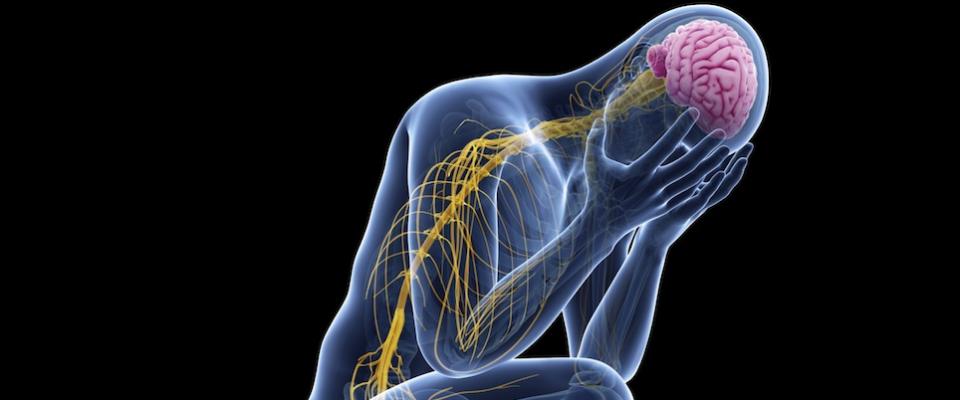We all know that stress is bad for us. Stress kills, you’ll have a heart attack, you’ll have a breakdown. Here, squeeze a little foam ball, take a walk, practice mindfulness, pet a puppy, etc., etc. —just don’t stress out. It’s bad.
Except it turns out that, maybe (so far, it’s true for lab rats), some stress is good for our brains.
Researchers in the lab of Daniela Kaufer, a professor of integrative biology, have discovered that subjecting rats to acute (meaning short, rather than chronic) stress increases the amount of adult neural stem cells in the rats’ brains. These stem cells can become various new cells in the brain, helping animals to adapt to their world. In this case, the stem cells are appearing in the rats’ hippocampus, an area of the brain concerned with memory and one of the few parts of the brain to continue growing in adulthood.
The odd thing is that it’s been pretty well established that chronic stress does the complete opposite: it shuts down the brain’s ability to produce new cells and impairs memory. Acute stress, however, seems to improve the rats memory.
So— What’s that? How do you stress a rat? I thought you’d never ask.
Kaufer et al. tried a few methods. Neither putting rats in a novel environment for half an hour nor lightly shocking them produced enough stress. What did the trick was putting the rats in an immobilizing, ventilated plastic tube — basically pastry bags for rats. The rats hung out in these bags for three hours and got stressed out. (Imagine how stressed those rats would have been if they had known that the bags are called, for very good reason, DecapiCones.)
Then the rats went back to their cages for a while before undergoing memory tests. The rats that went back in their cages for two days didn’t show any improvement in their memory. The rats that took the tests two weeks later, however, showed improved memories, which is significant because two weeks is how long it takes for neural stem cells to mature.
This has been another installment of “Bad for Rats, Good for Us.”
—Brendan Buhler




















